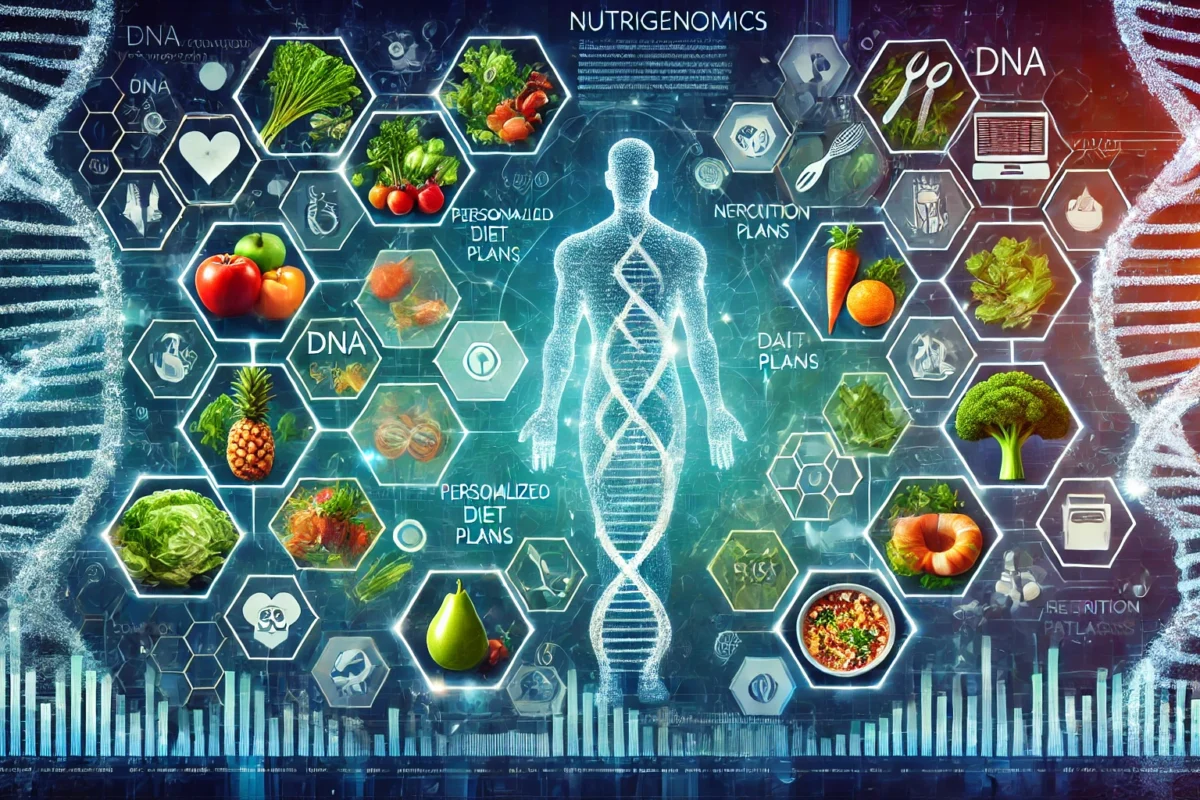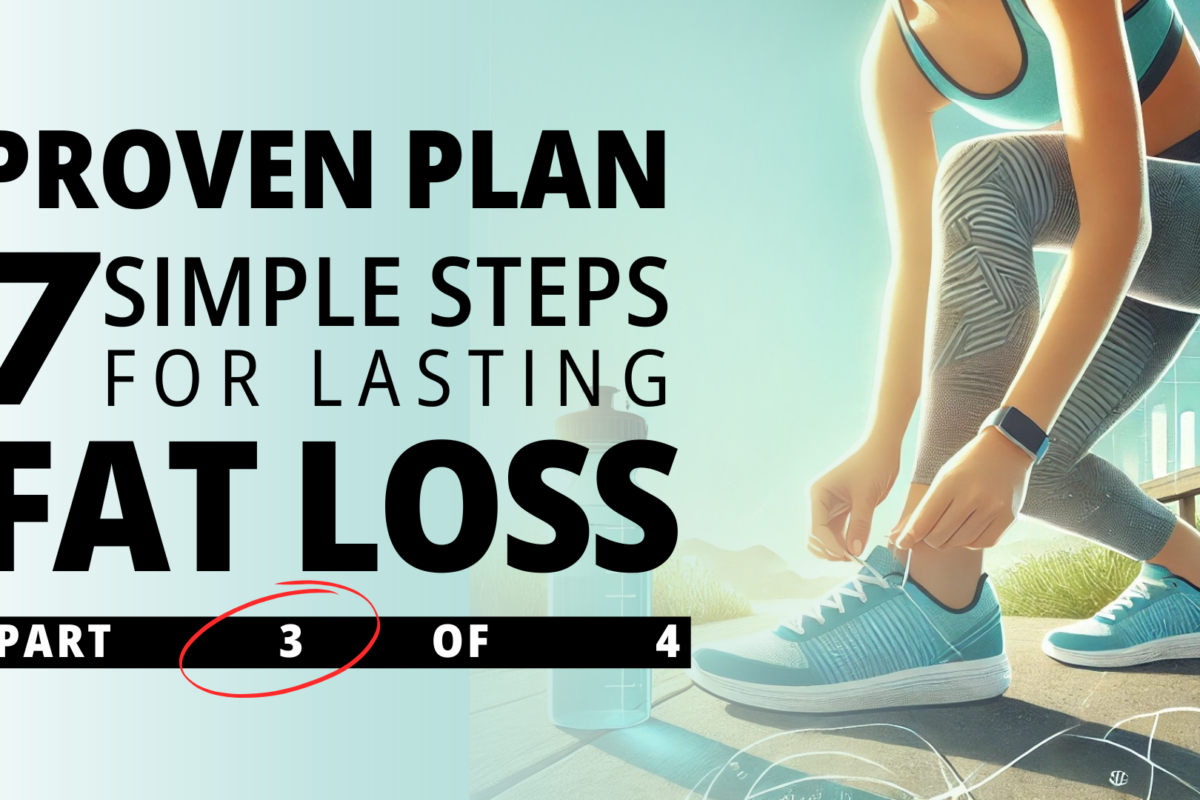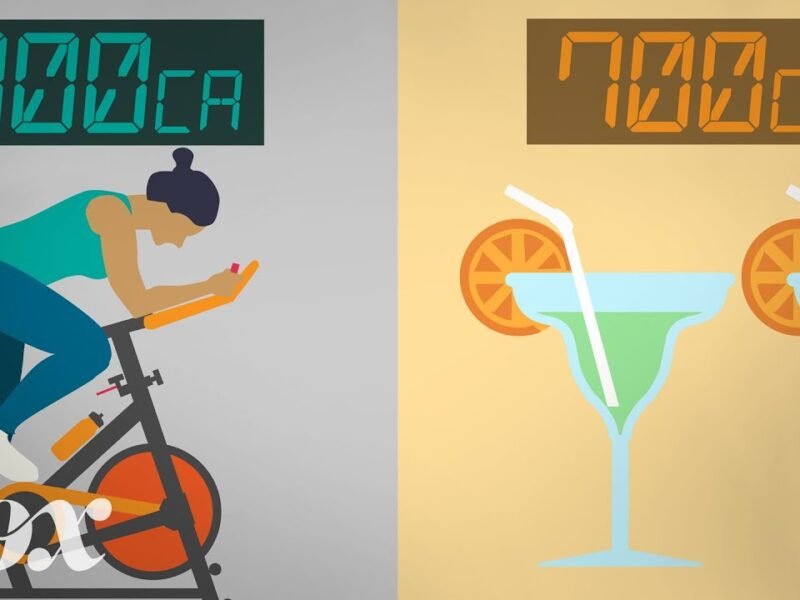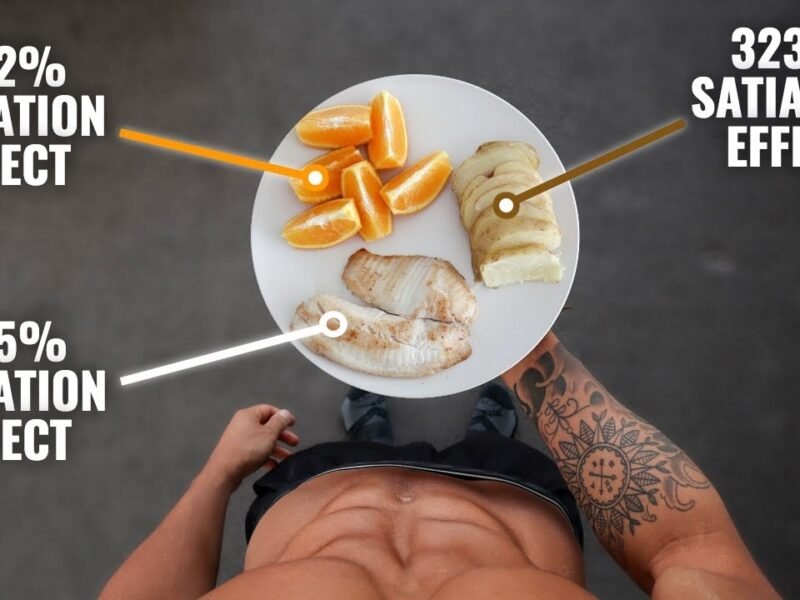Scientific Weight Loss Tips
Scientific Weight Loss Tips
Losing weight and staying healthy can feel like a daunting task. With countless diet pills and plans claiming miraculous results, it’s easy to get confused. However, science offers reliable tips that can help you achieve your weight loss goals.
The Power of Exercise
Exercise is fundamental when it comes to burning fat. Not only does it burn calories while you’re active, but recent studies show it continues to help you burn fat even while you sleep. When you exercise, your body primarily uses carbohydrates for energy, and afterward, it shifts to breaking down fat stores for essential functions like walking, talking, and even sleeping. So, making exercise a regular part of your routine is crucial for effective weight management.
Don’t Skip Meals—Especially Breakfast
Skipping meals can do more harm than good. If you skip breakfast, your body might push you to crave high-calorie foods later. Breakfast helps stabilize blood sugar and hormone levels, giving your metabolism the boost it needs to burn more calories throughout the day.
Add Protein and Low-Fat Dairy
Including more protein in your meals can greatly help with satiety. Protein triggers the release of a hormone called PYY, which sends signals to your brain that you’re full. Simply increasing your protein intake by 10% can keep you satisfied for a longer time.
Low-fat dairy also plays a role in weight management. It contains calcium that binds to fats consumed in your diet, creating an indigestible substance that your body excretes. This means less fat is absorbed, making low-fat dairy a smart choice.
Hydration Hacks: The Soup Secret
Have you ever noticed how drinking water with your meal affects your hunger? When you drink a glass of water before or during a meal, it helps your stomach feel fuller. But there’s an even better trick: pureeing your meals. Blending food makes it harder for fluids to be absorbed quickly, keeping your stomach expanded longer and helping you feel full.
Keep Track of Your Calories
Tracking what you eat can lead to significant improvements in your weight loss efforts. Keeping a food journal helps you become aware of your intake, making it easier to see where adjustments can be made. For example, knowing that a coffee has only 10 calories while a cappuccino has 100 allows you to make smarter dietary choices.
Smaller Plates, Smaller Portions
The size of your plate can influence how much you eat. Research shows that using a smaller plate, say 10 inches instead of 12, can reduce food consumption by up to 22%. Our minds often struggle to say no to food in front of us, so a smaller serving size can be a helpful strategy.
The Impact of Sleep and Stress
Never underestimate the role of sleep and stress on your weight. Lack of sleep and high stress can increase appetite, making it harder to stick to healthy eating habits. Prioritizing quality sleep and managing stress levels can thus be critical components of your weight loss journey.
Conclusion
Weight loss doesn’t need to be complicated. By incorporating regular exercise, not skipping meals, increasing protein and low-fat dairy intake, tracking your calories, and managing sleep and stress, you can achieve your health goals. Small, science-backed changes can lead to significant results over time. For more insights and answers to your burning questions, stay connected through comments or social media.



















